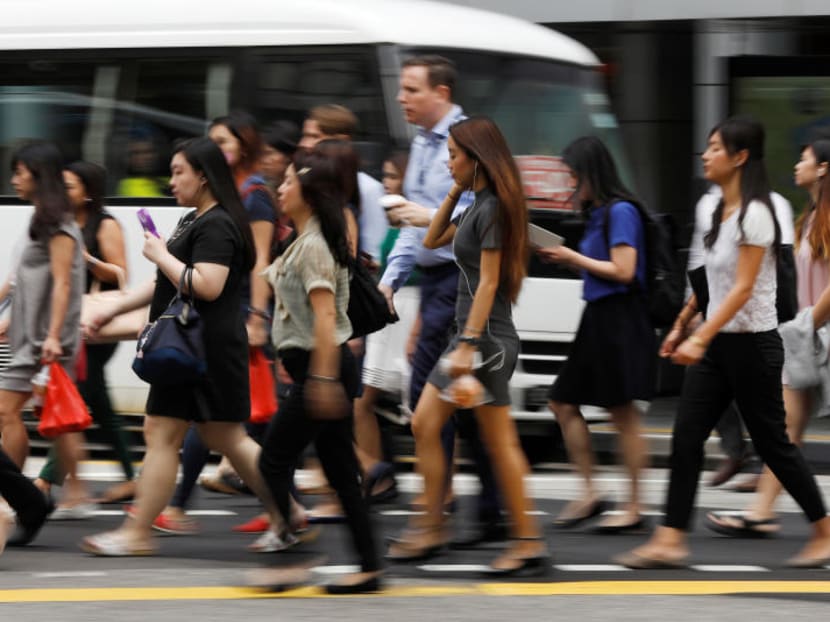Young Singaporeans don’t know enough about South-east Asia and follow rules too much: Panel
SINGAPORE – The lack of knowledge about their South-east Asian neighbours and a tendency to 'follow rules too much' are some weaknesses that may work against young Singaporeans, said a panel of private sector executives and policymakers on Monday (Aug 27).
SINGAPORE – The lack of knowledge about their South-east Asian neighbours and a tendency to "follow rules too much" are some weaknesses that may work against young Singaporeans, said a panel of private sector executives and policymakers on Monday (Aug 27).
The positive attributes of young Singaporeans, however, include bilingualism and the ability to adapt to other cultures, said the panellists at a business forum on the Association of Southeast Asian Nations (Asean) and China organised by Business China and Singapore Business Federation.
"I think lots of young people in Singapore are global, but not necessarily regional," said Mr Li Jianggan, chief executive of Momentum Works, which builds and manages tech ventures and has a particular focus on South-east Asia.
Citing how they would often choose to go to European countries for overseas internships or student exchange programmes, Mr Li said that while he understands the allure of these countries, Singapore's "big backyard" is ultimately South-east Asia.
From his observations, a trip to Jakarta, an hour's flight from Singapore, is "a bit of a jump out of their comfort zone", said Mr Li, who prefers hiring young graduates as he feels they are more flexible than those with more experience.
The attributes of Singaporean workers, especially the young, in a fast-changing economy were among the topics covered during the one-hour plenary luncheon. Others included entrepreneurship, the need for up-to-date regulations and the importance of South-east Asia as a region.
Education Minister Ong Ye Kung, another panellist, said young Singaporeans can "never be complacent" and need to continue learning and working on areas that they are lacking in.
More Singaporeans will realise in time that there are opportunities in high-tech sectors in the region, he said.
Companies can signal the importance of South-east Asia by requiring their interns to have a stint in one of the neighbouring countries, he added.
Mr Lai Chang Wen, co-founder of logistics firm Ninja Van, said Singaporeans are also not flexible enough when exposed to an unfamiliar environment – a trait which he attributed to growing up in a society with an abundance of rules.
"I think Singapore has a lot of rules. Don't eat here, don't drink there, don't smoke. I think Singaporeans (have) to learn to be a bit more open-minded, and distill these rules a bit better," said Mr Lai, another panellist.
Mr Ong agreed that young Singaporeans may "follow rules too much" and may lack initiative in a new working environment, but said that they do have strengths that justify higher wages than their Southeast Asian counterparts.
He was responding to Mr Lai's point that the premium companies pay for a Singaporean working overseas as compared to hiring a local may diminish at some point, as the locals become higher-skilled.
The education system here has helped youths to be "very well-prepared" for the new economy, said Mr Ong.
"I think we are going to see a new generation of Singaporeans who are very tech-savvy, a lot more outgoing, prepared to work overseas, (effectively) bilingual and able to work across cultures," he said.
Another advantage Singaporeans have is their exposure to globalisation, Mr Ong noted even as he recognised that these advantages could be chipped away.
"It's a fact of life. You may feel you can command a premium now. But people will learn what you have. You have to keep running and make sure you continue to justify that premium," he said.
Sign up for TODAY's WhatsApp service. Click here:









